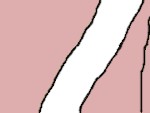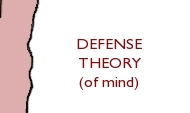|
In this generic sense, autobiography is an embodied authorship that must become opaque. Christopher Boone, in Mark Haddon’s (2004) The Curious Incident of the Dog in the Night-Time, asserts that the novel is his own—when in fact, his “autobiographical novel” is filtered through Siobhan, his teacher/counselor, and, more transparently, through Mark Haddon, the “real” author, both of whom use “Christopher as narrator” as a mouthpiece for an autistic narrative. Christopher and I share something in common: we are both normatively and autistically authored individuals. In the same way Siobhan dictates what Christopher can/cannot and should/should not write—that he must write for himself, that he must write for others, that he must explain why he hates lies and metaphors, that he must delve into the minds of his readers—I am authored into writing, into physically moving, into expressing emotions “properly” via my eyes and lips, into including and leaving out certain tidbits of information. This Siobhanic sanctioning of autistic commonplaces—of fascination with and/or hatred of metaphor, of humanizing objects, of routine and ritual—pervades the telepresent reality of my authored existence as an autistic individual. I would venture to say that other autistics feel similarly, but I haven’t got a theory of mind. On a large level, I often identify with Linda Flower's and John Hayes' "egotistical" (authored) student writers. The difference, I suspect, is that my lack of audience awareness has a lengthy spot in the DSM IV. |














